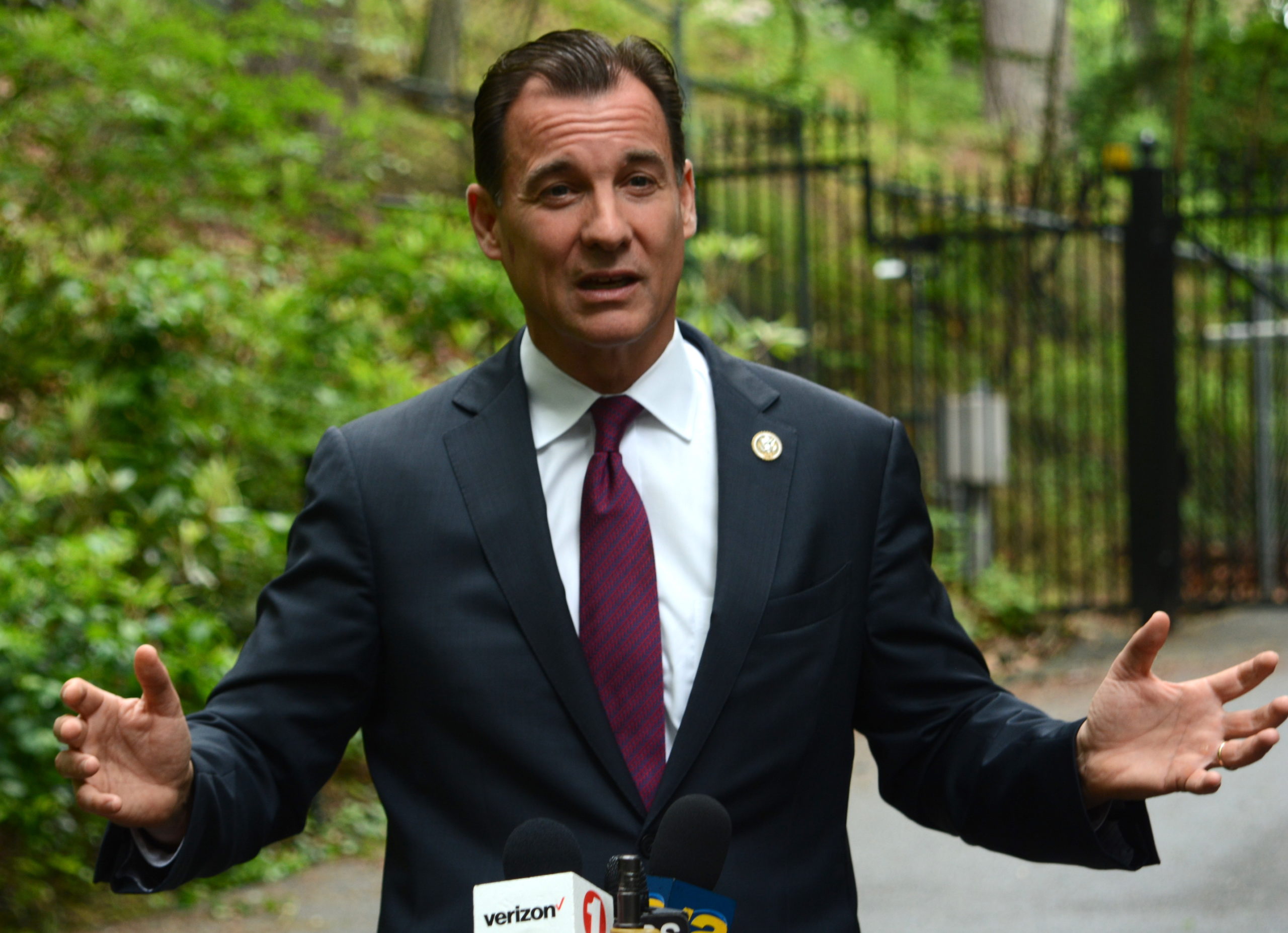Not long after Republicans in the House of Representatives released their plan on Wednesday for tax reform, U.S. Rep. Tom Suozzi (D-Glen Cove) issued a statement condemning it.
“The goal of tax reform is to help hard-working Americans make more money so they can live the American Dream,” he said. “Unfortunately, the Republican-led tax reform plan falls well short of that goal.”
Suozzi’s main point of contention was a measure that would cap the state and local property tax deduction at $10,000.
“It would devastate the more than 250,000 households in our district that utilize these deductions, not to mention people living in other states that have income taxes.,” he said. “This is bad for every New York taxpayer and I hope all of my colleagues will oppose this.”
The elimination of the property tax deduction has drawn plenty of outcry outside of Washington. In Nassau County, villages such as Roslyn, East Hills and Great Neck Plaza have passed resolutions formally opposing the elimination of the deduction.
“Our Congress is looking to take away our taxpayer state and local tax deduction, and millions of families in New York will be hit with a one, two punch: higher taxes and lower home values,” East Hills Mayor Michael Koblenz said.
Other villages, such as Port Washington North, have considered passing a resolution in opposition to the plan.
Rep. Peter King (R-Seaford) has also expressed opposition to capping property tax deductions, saying in an interview on Wednesday that he and fellow Congressmen Lee Zeldin (R-Shirely) and Dan Donovan (R-Staten Island) are fighting to maintain the tax deductions.
Suozzi’s other main complaint with the tax plan is that he believes it will add to $1.5 trillion to the deficit.
“The initial growth impact of pushing lots of money from the government coffers out to the wealthiest Americans and businesses will be wiped out by paying for significantly more government debt,” he said.



